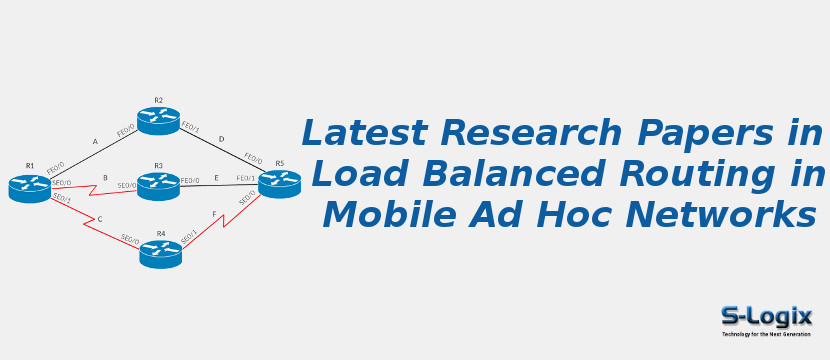Latest research in Load-Balanced Routing in Mobile Ad Hoc Networks (MANETs) focuses on distributing network traffic efficiently across multiple nodes and paths to minimize congestion, improve throughput, and extend network lifetime. Recent studies have proposed dynamic and multipath load-balancing mechanisms that adaptively allocate traffic based on node energy levels, queue length, and link stability. Protocols such as INTSM and LBCAR integrate intelligent decision-making and congestion control strategies to enhance route discovery and prevent bottlenecks in high-density networks. Hybrid load-balanced routing schemes combine energy-aware and zone-based routing techniques to ensure even utilization of network resources while maintaining low end-to-end delay. Surveys and comparative analyses highlight that incorporating machine learning and optimization algorithms further improves scalability and fault tolerance in MANETs. Overall, current load-balanced routing research aims to achieve energy-efficient, congestion-free, and QoS-aware communication, enabling more reliable performance in dynamic and resource-constrained mobile ad hoc environments.
